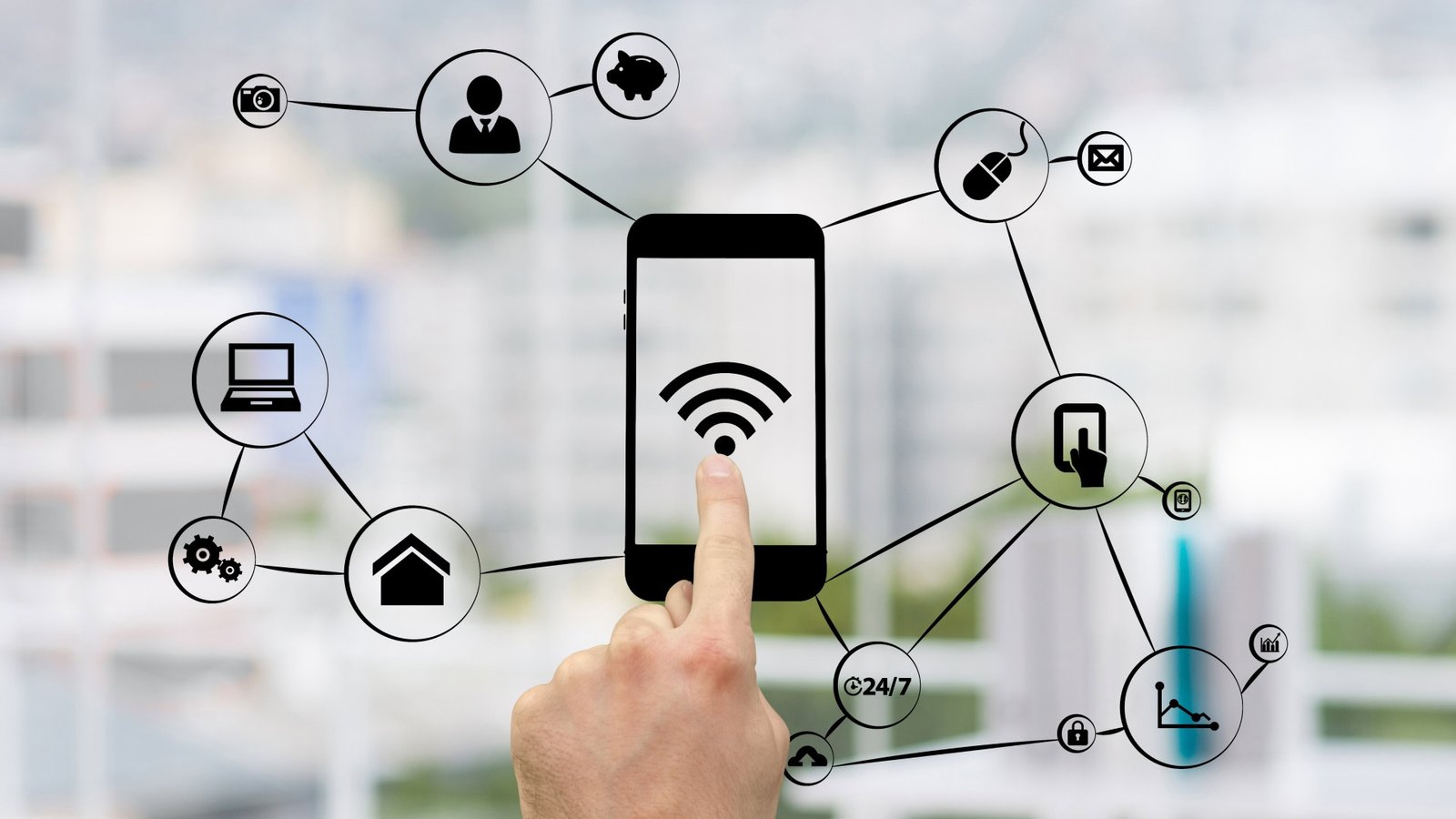From private networks to 6G horizons—see how wireless tech is redefining the digital revolution.
The discussion on 5G and wireless technology has flipped the coin. The first hype cycle, in which the fastest possible downloading of the consumer software was promised, is being left in the past. No longer is the question being posed at the C-suite level of whether or not 5G is faster but now there is one that means much more, which is in the question asked by C-suite leaders; is the investment we are making today in speeding the ability of wireless communications the next step in the digital revolution or are we only designing a more expensive and faster version of what we had yesterday?
Amazing gigabit speeds will not matter in 2025, but keen planning will. What really counts is not bandwidth, but supporting all new kinds of business models and new forms of efficiency that could not be dreamed of before. We need to forget what has been marketed to the consumer and concentrate on the industrial reality.
Table of Contents
The Enterprise Imperative: A New Network for New Business
The Unseen Battleground: Security and Governance
From 5G to 6G, the Horizon of Wireless
The Enterprise Imperative: A New Network for New Business
The changing nature of wireless communication with the introduction of 5G is no longer a prediction, but a case study currently underway in major industries worldwide. The mass adoption of private 5G networks is accelerating, but it is a step towards the industries of manufacturing, logistics, etc. These custom networks deliver the ultra-low-latency, ultra-reliable connections necessary to support robotics, real-time analytics, and large-scale, massive-scale IoT with applications and scale never before achievable. This change creates unsolved, complicated questions for leadership. What is the best way to smoothly combine this new infrastructure with our current legacy systems? How do we scale a customised network, without building new data piles and operational bottlenecks?
Today, the companies that are scratching their heads to sort out these integration puzzles will be the ones that are effectively among the very competitive companies. The ability to coordinate a single operational environment will put them at a strategic edge as opposed to sheer speed.
The Unseen Battleground of Security and Governance
The increasing size of the surface connected by billions of different devices opens a huge new sinkhole for enterprises. One security failure would jeopardize a whole chain of supply or a major community utility. There is a raging debate amongst experts as to whether our current systems in cybersecurity can effectively defend a 5G-enabled world. This is no technical issue that is to be addressed by the IT department; it is a board-level risk that requires a strategic answer. The standard belief that ready-made security products are sufficient should be disputed.
The imperative instead is to focus on a zero-trust, end-to-end security stance that builds resiliency into the thread of the network. Wireless technology can be a boon or bane on how our industries work, depending on how we have created the strength of trust and durability in the very center of the network, and making an old liability a center of power.
From 5G to 6G, the Horizon of Wireless
People are already talking about what is beyond 5G. The next frontier, 6G, is being developed by the global research and development community as 5G Standalone (SA) and 5G-Advanced evolve and open up new capabilities. The given future of wireless technology is associated with the merging of the real and the digital world via immersive behavior, such as holographic communication and AI-enabled networks, which could foresee and react to user demands in an immediate manner. The situation is not a far future, but it is a consideration that should be made in strategic planning now. How will our current investment setup position us for the 6G era? This is a leadership question that must be asked. What capabilities/collaborations should we now develop to be in the vanguard of intelligent, autonomous systems of the future? The role of 5G in the digital revolution is that it will be the springboard to start a new age of connection, which will require a new order of strategic thinking and deftness.
Digital revolution through wireless technology is not something that will be inevitable or even a choice. The winners will be leaders who do not think of 5G as yet another faster network, but as a complete change of industrial structure. Today, they will place an emphasis on integration, security, and future-oriented talent strategies to establish themselves in the future.
Discover the latest trends and insights—explore the Business Insights Journal for up-to-date strategies and industry breakthroughs!

